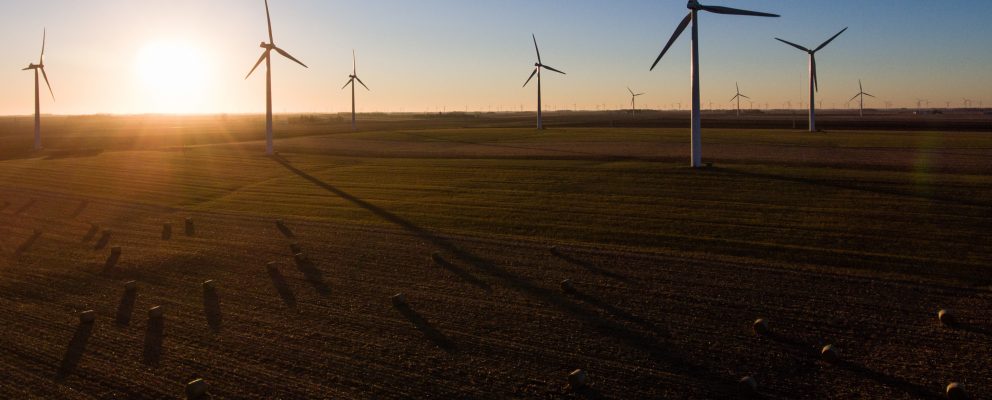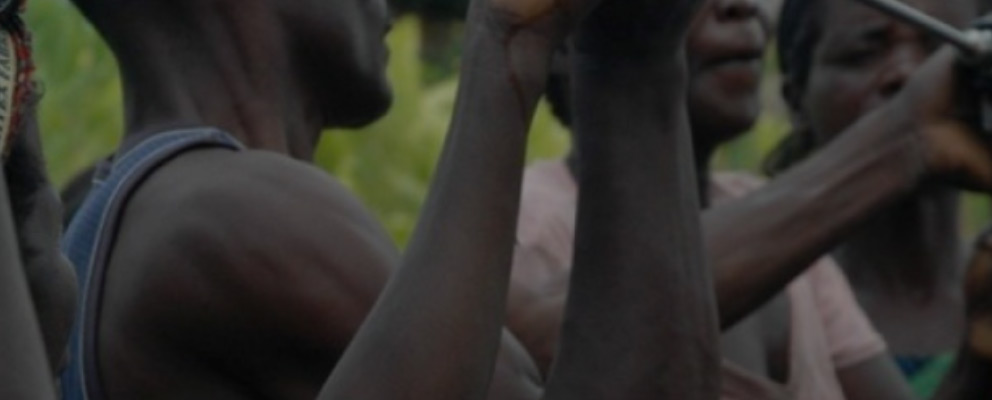
What’s Next for FinDev Canada?
Establishing a World Class DFI
Back in January of 2018, Canada began to operationalize its Development Finance Institution (DFI), FinDev Canada. This was a big move for the country and came after years of advocacy work by EWB Canada and others.
DFIs are development banks that are usually majority-owned by national governments and focus on providing new financing options for small and medium-sized enterprises (SMEs) in developing countries that are creating social impact. Establishing one represented a renewed Canadian commitment to engaging the private sector in international development and showed that Canada understands the need to bring new resources to the table in order to achieve our global goals. However, to do that, FinDev needs to be a world class DFI that not only contributes to, but leads the drive to bring new financing from the private sector to international development.
Understanding this, the House of Commons Standing Committee on Foreign Affairs and International development (FAAE) published a report in March of 2018 titled Focused, Independent, and Patient, Building a World-Class Canadian Development Finance Institution. This report was the result of many consultations with stakeholders and experts, including EWB, and resulted in a list of recommendations on how best to design and implement FinDev. The recommendations prioritize its independence, focus its impact, and allow FinDev to be more risk tolerant in its approach, all of which are critically important to having an effective DFI that puts development first.
Setting a High Bar
Last week, the Canadian Government published its official response this report. Since EWB played a crucial role in the creation of FinDev Canada – and our CEO, Boris Martin, sits on its Advisory Council – you can bet we’re paying close attention.
In its response, the Government outlined how it was working with FinDev, and its parent organization Export Development Canada (EDC), to ensure that FinDev is designed and established as a global leader in development finance. According to the Government, FinDev will operate according to three best practices:
- FinDev will operate at an arm’s length from government as a subsidiary of Export Development Canada (EDC), with an seperate board and advisory council, to ensure independence in its day-to-day operations.
- FinDev will be accountable to the Government of Canada’s “robust financial accountability and integrity laws and standards”. This means that it it must comply with a number of domestic and international laws, including the Financial Administration Act and all of EDC’s corporate social responsibility standards.
- FinDev will aim to “complement, not replace, international assistance programs, in catalyzing private investment for international development,” which means that its investments must align with Canada’s overall development priorities, but not duplicate work already being done.
By choosing to focus the on these, the Government is indicating that the three most important things required to build a world class DFI are that is independent from government, transparent in its model, and complementary to existing government efforts.
What’s Next for FinDev Canada?
At EWB, we’re committed to making sure FinDev Canada maximises its development impact and plays a leadership role in bringing much-needed financing to early-stage social entrepreneurs in sub-Saharan Africa, particularly those run by women and youth. It has been proven time and again that when we invest in these groups, they are not only empowered as individuals, but they also empower their communities through the work they do and the jobs they create. Because of this, we are encouraged to see that the conversation about how best to design and operationalize FinDev Canada is ongoing and collaborative, and we strongly endorse the recommendations made by the FAAE.
FinDev Canada hosted its public launch party on September 17, but the team, led by Managing Director Paul Lamontagne, was clearly working hard for many months before. The DFI made its first investment in M-Kopa Solar, a Kenyan startup providing solar- powered lighting for people living in poverty, hired experts to shape its gender strategy, and championed a $3 billion mobilization for women-led enterprises by June 2018. The inclusive and innovative program designed by FinDev for their launch, as well Lamontagne, Minister of International Development Marie-Claude Bibeau, and EDC President Benoît Daignault’s commitments to social impact, make us confident that indeed, FinDev Canada is poised to become the game changing DFI of the 21st century.
Given its strong, principled commitment to impact, the challenge will be to operationalize this DFI to perform on all fronts: financial, social and environmental. A tall order, to say the least. Now, the mission for all development organizations, including EWB, will be to support the FinDev team in this endeavour.
Canada has a tremendous opportunity to establish FinDev as one of the world’s most effective and innovative DFIs. With the newest DFI of any G7 country, Canada can learn from the experiences of others. Our DFI can be one of Canada’s most effective international development tools, as long as it balances risks, leverages additional private financial capital, and prioritizes development impacts. To achieve this, we – government, civil society, the private sector and other key stakeholders – will need to continue to work together. If we are able to do this and unlock billions of dollars of new investments, we can drive economic growth and help create a more peaceful and prosperous world for all.
